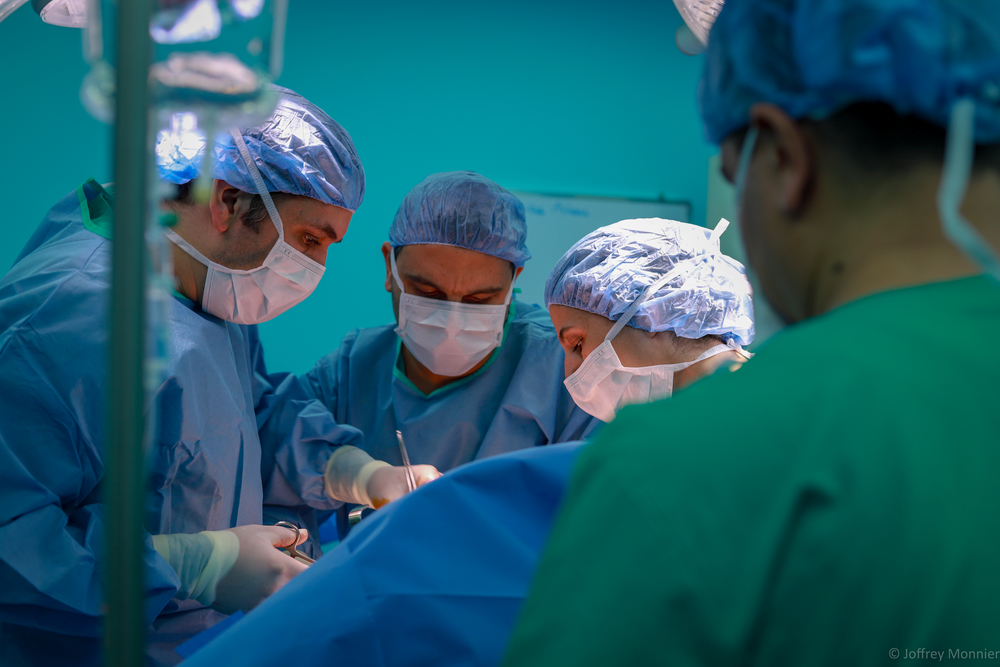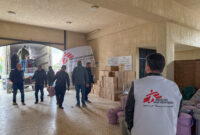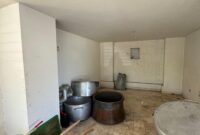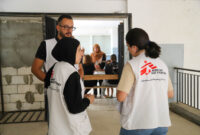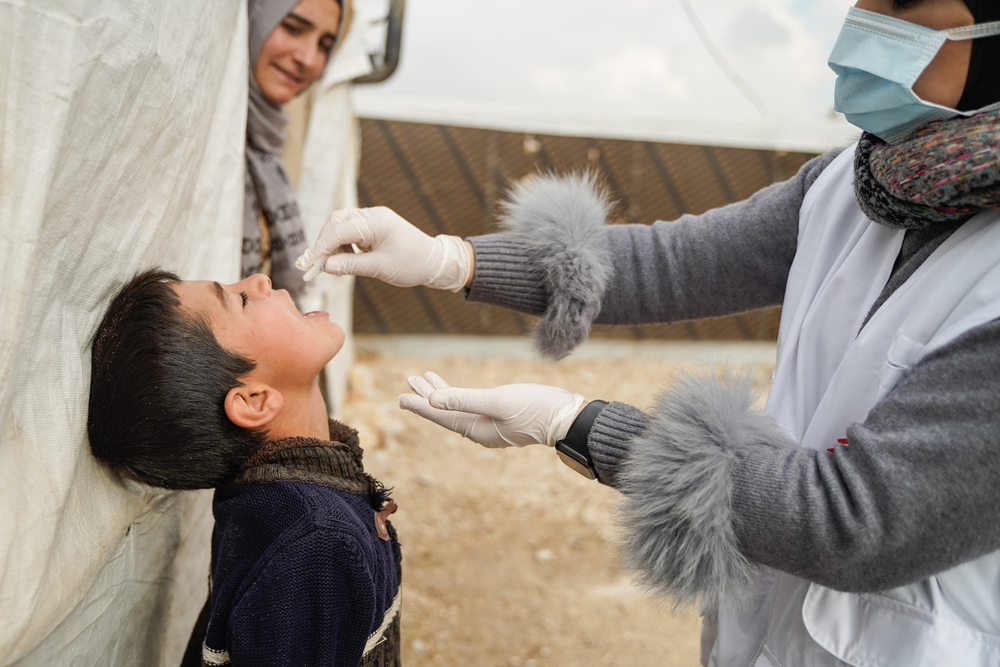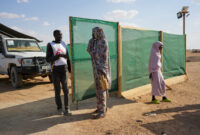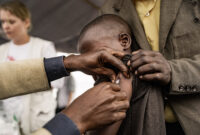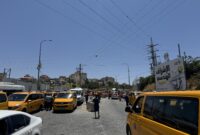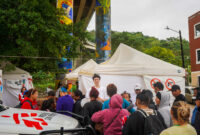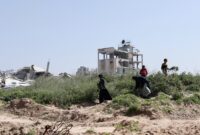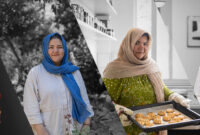Lebanon: Providing hospital care for vulnerable communities in Bar Elias
Recent protests in Lebanon have highlighted the growing economic challenges faced by people across the country. Although the situation has worsened considerably over recent months, these challenges have been felt for years by different sections of Lebanese society. Getting hold of affordable medical care, for instance, has long been a particular problem for vulnerable people on the fringes of Lebanese society, as well as for refugees and migrants. Lebanon hosts more than one million Syrian refugees, over one third of who live in the Beqaa Valley. In October 2018 Doctors Without Borders/Médecins Sans Frontières (MSF) opened a 22-bed hospital in the town of Bar Elias, in the heart of the Beqaa Valley.
“Our aim is to deliver medical services to the most vulnerable communities living in the Beqaa Valley,” says Amaury Gregoire, MSF head of mission in Lebanon. “We want to give these people the opportunity to access secondary and tertiary healthcare easily, even if they don’t have financial means.”
The hospital provides medical services including non-urgent surgery for hernias, haemorrhoids and cysts, and gynaecological surgery such as for prolapsed uteruses. The hospital also provides post-wound care, such as foot injuries linked to diabetes and wounds from ulcers.
“You might think that treating a hernia or a foot injury linked to diabetes is not an emergency, but it is essential for these people,” says Gregoire. “Most live in very difficult conditions and these medical issues cause a lot of additional suffering, often preventing them from generating the minimum income needed to feed their families. Our intention, with this hospital, is to alleviate this suffering to the best of our abilities.”
MSF increasing operations in 2020
The hospital also provides care for post-burn injuries, and in March 2020, will also start providing reconstructive plastic surgery, with a focus on post-burn injuries.
“These services are particularly relevant because people living in vulnerable areas are more prone to get injuries and burns, especially children,” says MSF medical advisor Dr Wael Harb. “The lack of proper fire safety measures in informal shelters and even homes makes people more likely to get second and third degree burns. In the Beqaa area, access to affordable reconstructive post-burn surgery is almost non-existent.”
Post-burn injuries often require long and costly treatment, and without treatment can cause temporary or permanent disability, making it even harder for people to earn a living.
Ahmad, 29, suffered an electrical burn on his left leg which became infected and would not heal. Twenty days after the accident, he came to Bar Elias hospital. After 10 weeks of careful treatment, the wounds on Ahmad’s leg have healed. “Thanks to MSF’s support, I’m able to walk again and get a job to help provide for my family,” says Ahmad.
Since it opened in October 2018, the hospital’s team has conducted more than 1,000 elective surgeries and 4,700 post-wound care consultations.
Mahmoud, 51, a self-employed carpenter from Lebanon, was diagnosed with an intestinal problem and abdominal hernia in 2018, but could not afford surgery and had no health insurance. Noticing the hospital on his way home one day, he went in to ask if MSF could help. A few weeks later, Mahmoud underwent surgery and continues to come regularly for follow-up consultations. “I am feeling great now – no more nausea or abdominal pain thankfully,” he says.
This year, MSF plans to assist even more patients in Lebanon with the extension of its services.
